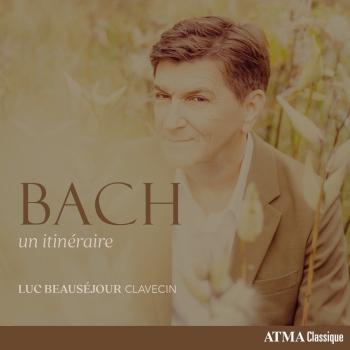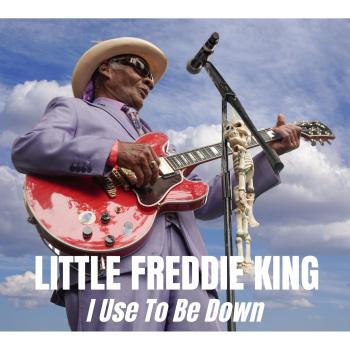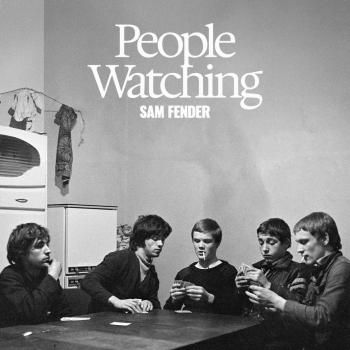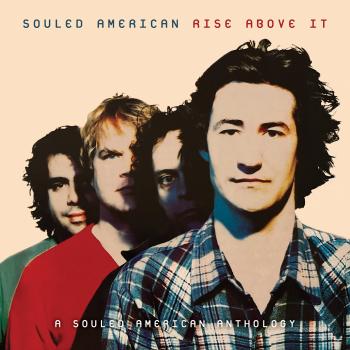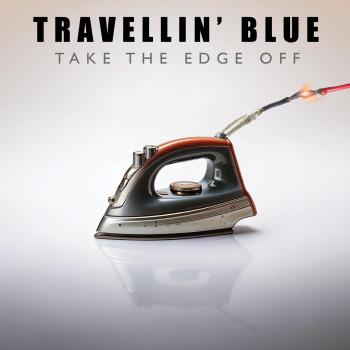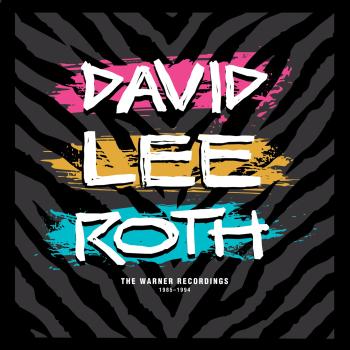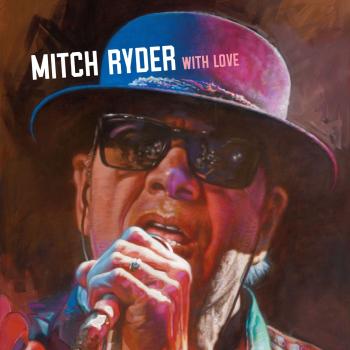
Dickey Betts & Great Southern (2024 Remaster) Dickey Betts & Great Southern
Album info
Album-Release:
1977
HRA-Release:
21.06.2024
Album including Album cover
I`m sorry!
Dear HIGHRESAUDIO Visitor,
due to territorial constraints and also different releases dates in each country you currently can`t purchase this album. We are updating our release dates twice a week. So, please feel free to check from time-to-time, if the album is available for your country.
We suggest, that you bookmark the album and use our Short List function.
Thank you for your understanding and patience.
Yours sincerely, HIGHRESAUDIO
- 1 Out To Get Me (2024 Remaster) 04:43
- 2 Run Gypsy Run (2024 Remaster) 03:33
- 3 Sweet Virginia (2024 Remaster) 03:42
- 4 The Way Loves Goes (2024 Remaster) 04:57
- 5 Nothing You Can Do (2024 Remaster) 04:09
- 6 California Blues (2024 Remaster) 05:02
- 7 Bougainvillea (2024 Remaster) 07:13
Info for Dickey Betts & Great Southern (2024 Remaster)
Dickey Betts & Great Southern is the second studio album by Dickey Betts of The Allman Brothers Band. It was recorded with his band Great Southern in 1977. The standout tracks are "Sweet Virginia" and the extended-jam "Bougainvillea", which was co-written by Don Johnson.
"Three years after the issue of his landmark solo recording, Highway Call (and countless inbred brawls and unholy wars among the Allman Brothers), guitarist, singer, and songwriter Dickey Betts released the debut by his "other" band, Great Southern. Attempting to capture the loose, easy feel of Highway Call and combine it with the more blues-driven sound of the Allmans, Betts was largely successful though the record does suffer a tad from overly slick production. Evident from "Out to Get Me," the very first track, is Betts' trademark slide guitar burning a hole through the center of the mix. The undertone of the album is the shuffle, both country and blues, aided in large part by Topper Price's harmonica and the able second guitar of Dan Toler. But the feel is all Betts. He stretches out the stinging boogie of "Run Gypsy Run," with dual leads, a killer pre-verse riff, and a solid "Ramblin Man"-style melodic line in the heart of his blues. Perhaps the hinge piece on the album in on its third track, "Sweet Virginia" (not a cover of the Rolling Stones' track). Here, Betts' slide work is easily and lilting as it undergirds a sleepy country tune with a killer backbeat. Nostalgia, or at least the previous, is the backbone of Betts' sentiment as his vice rings through the guitars and rhythm section with conviction and a sureness that only comes out of the finest country-rock music (think Creedence Clearwater meets the Allmans). Ultimately, this album, with its funky New Orleans basslines and second-line percussions, is another restless country-soul set from Betts. And though more guitar driven than Highway Call (fiddle god Vassar Clements is not Betts' foil here), its songs hold as much soul and aplomb if not the same deeply held convictions that made the previous album the classic it is. Nonetheless, Great Southern is a very fine album that despite its polish holds a wealth of fine songs and truly astonishing playing within its grooves." (Thom Jurek, ANG)
Dickey Betts, electric guitar, slide guitar, lead vocals
"Dangerous Dan" Toler, electric guitar, acoustic guitar, background vocals
Tom Broome, keyboards, background vocals
Ken Tibbets, bass
Jerry Thompson, drums, percussion
Donnie Sharbono, drums, percussion
Additional musicians:
Don Johnson, backing vocals (track 7)
Topper Price, harmonica (tracks 1, 2)
Mickey Thomas, backing vocals (track 5)
Digitally remastered
Please Note: We offer this album in its native sampling rate of 96 kHz, 24-bit. The provided 192 kHz version was up-sampled and offers no audible value!
Dickey Betts
a founding member of the Allman Brothers Band, has one of the most distinctive voices in music today. Known as one of the most influential guitar players of all time, Betts has mastered a seamless style of lyrical melody and rhythm — marrying country, jazz, blues, and rock into one unparalleled sound. The New York Times has called Betts “one of the great rock guitarists…[who thinks like a jazz improviser, in thoughtfully structured, cleanly articulated, intelligently paced phrases…[when] Mr. Betts was tearing into one of his improvisations, the music was about as exciting as rock and roll gets.”Playing since he can remember, Betts joined several bands in the sixties and eventually formed a band with bassist Berry Oakley. One fateful night in 1969, Betts and Oakley’s band jammed with another local group featuring Duane and Gregg Allman, marking the birth of the Allman Brothers Band.In addition to matching band leader Duane Allman lick for lick, Betts also wrote such memorable songs as “Revival” and the instrumental tour de force “In Memory of Elizabeth Reed.” After Duane Allman and Berry Oakley were killed in accidents a year apart in 1971 and 1972, the ABB worked through their sorrow, with Betts writing and singing the group’s biggest hit, “Ramblin’ Man”.
Members of the band ventured into solo careers in 1973, and Betts released his first solo album Highway Call, in 1974. The ABB split up in 1976, and Betts formed Dickey Betts and Great Southern. The group reformed in 1978, but soon split again, and Betts formed the Dickey Betts Band releasing Pattern Disruptive in 1988.In 1989, their 20th anniversary, the Allman Brothers Band reformed. The chemistry that resulted from the unique two-guitar approach of Warren Haynes and Betts made the Allman Brothers Band once again one of the most compelling bands in the country. The ABB enjoyed continued success throughout the nineties — being inducted into the Rock & Roll Hall of Fame, winning their first Grammy, and amazing audiences with their powerful live performances.A year after the ABB celebrated their 30th anniversary, Betts formed the Dickey Betts Band and hit the road on his own. His guitar sound is still immediately recognizable, with soaring leads providing musical wings, and his road-seasoned vocals reflecting grit and hard-earned respect. The group released their first C.D.,”Let’s Get Together” in June, 2001.Dickey changed the name of the group to Dickey Betts & Great Southern in January, 2002. They recorded the critically acclaimed acoustic CD “The Collectors Vol. I” that same year and toured extensively in 2002 and 2003.
Dickey performed “Blue Sky” and “Ramblin’ Man” at the Jammy Awards March 16, 2004 at Madison Square Garden in NYC and Instant Live released “Dickey Betts at the Odeon, Cleveland, OH, 3/9/2004”.
Dickey Betts & Great Southern have toured extensively and enjoy hooking up with the “best friends they’ve got” – their extended family of fans.
This album contains no booklet.

